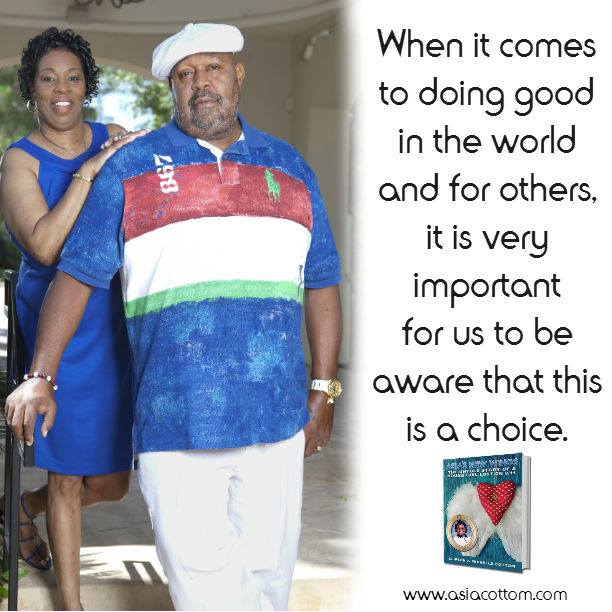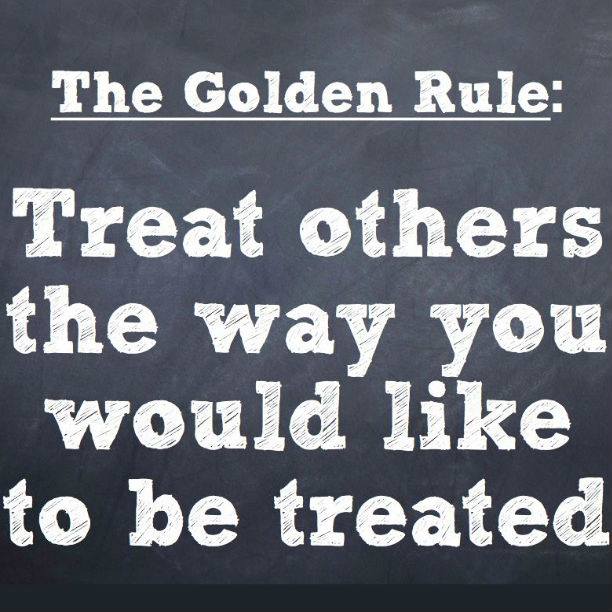When it comes to doing good in the world and for others, it is very important for us to be aware that this is a choice.
According to Asia Cottom’s parents, “Every day, we decide if we will do good unto others, practice the Golden Rule, and give of ourselves in an unselfish way.” Asia’s family has chosen to do unto others as they would like to think Asia would want them to: to promote the good of others and help them in any way possible.
Aristotle says, “We are what we repeatedly do.” In other words, habits form our characters rather than the other way around. We become what we do every day, not what we do once or twice. Therefore, doing good becomes a habit, not just a one-time event. Further, in order to cultivate a habit, we must consciously choose to do something. We rarely if ever develop good habits by accident. In most cases, we choose to stop doing something one way and choose to do it another way. With repetition and time, these good actions become habits. Another way to look at this is that we never “stop” any habit; we simply choose to replace it with a different habit.


It may seem that some people are born to do good or just naturally have a knack for helping others, but this is not usually the case. Most people who do good choose to do so in spite of their experiences rather than because of them.
The Cottom family is a great example of this type of good work. Despite the loss of their beautiful daughter Asia on September 11, the Cottoms have decided to do good rather than to focus on their loss. Because of this decision, they have been able to help others through the Asia SiVon Cottom Scholarship and other efforts.
Because the Cottoms chose to do good rather than to hold on to anger, hatred or sorrow, others have benefited. This is one of the best possible ways to glorify Asia’s memory, since she was a beautiful, sensitive and happy child who loved to help others. With their decision to do good in the world, the Cottom family has shown Asia’s true nature and honored her legacy.

